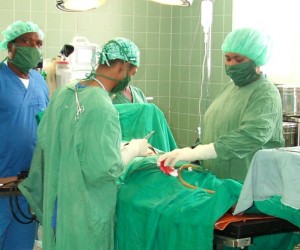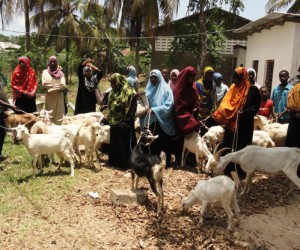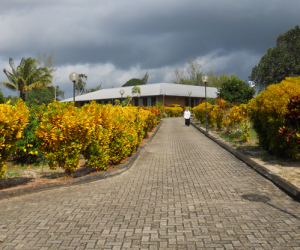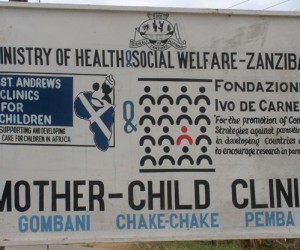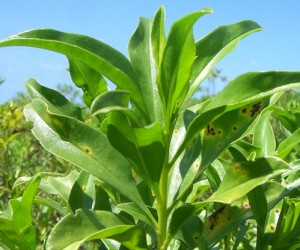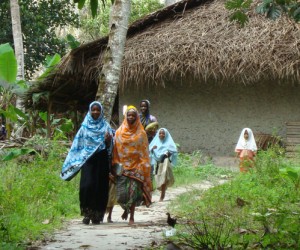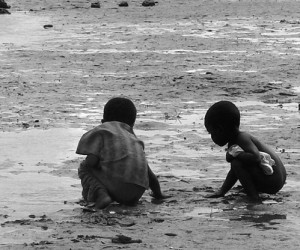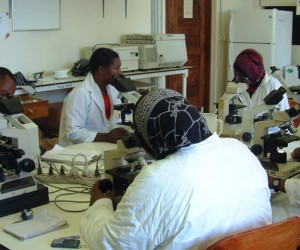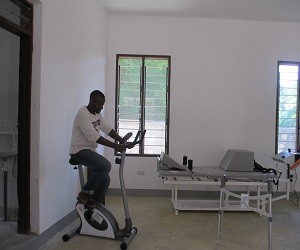WASTE PROJECT

DOVE
Kojani Island, the district of Wete
OBIETTIVI
In making farmers can produce high quality compost for the cultivation of local agricultural products.To make the population aware of the techniques of waste separation on the basis of possible future uses and the type of material and the health risks associated with non-waste management.To make farmers build adequate composters with cheap materials and locally available.
Starting a system of waste management on the island of Kojani for the improvement of sanitary conditions and environment of the local community in support of the Safe Water Project - Phase 3
DESCRIZIONE PROGETTO
The project aims to improve the health and environmental conditions of the population of Kojani, through the launch of a system of waste collection accompanied by a training and health and hygiene education. The proposed intervention is the need to implement a pilot project consequently extended to the districts of the island of Pemba (Chake Chake, Mkoani, Wete, Micheweni), following a specific request of the Zanzibar to strengthen the Safe Water Project - phase 3.The action fits into the policy of sustainable resource management and environmental shown within the "Strategic Business Plan 2008 - 2013" Zanzibar Water Authority (ZAWA).
CONTESTO
The intervention in Kojani, a small island (7 km2) of about 15,000 inhabitants, situated in the district of Wete, north-east of Pemba (Zanzibar, the United Republic of Tanzania), from which it is separated by a narrow channel of about 500 meters.In addition to the insufficient and unsafe water supply, the health situation of the local community is further exacerbated by the lack of sanitation and health facilities (only 10 public toilets across the island, absent the private ones), shortage of raw materials due to the difficulties in transport by sea with fragile boats hollowed out tree trunks (the only ones capable of crossing the narrow and shallow channel that separates Kojani from Pemba), as well as the absence of a proper waste disposal. The lack of a system of waste management also brings with it a number of malpractices and harmful to health programs implemented by the population.


